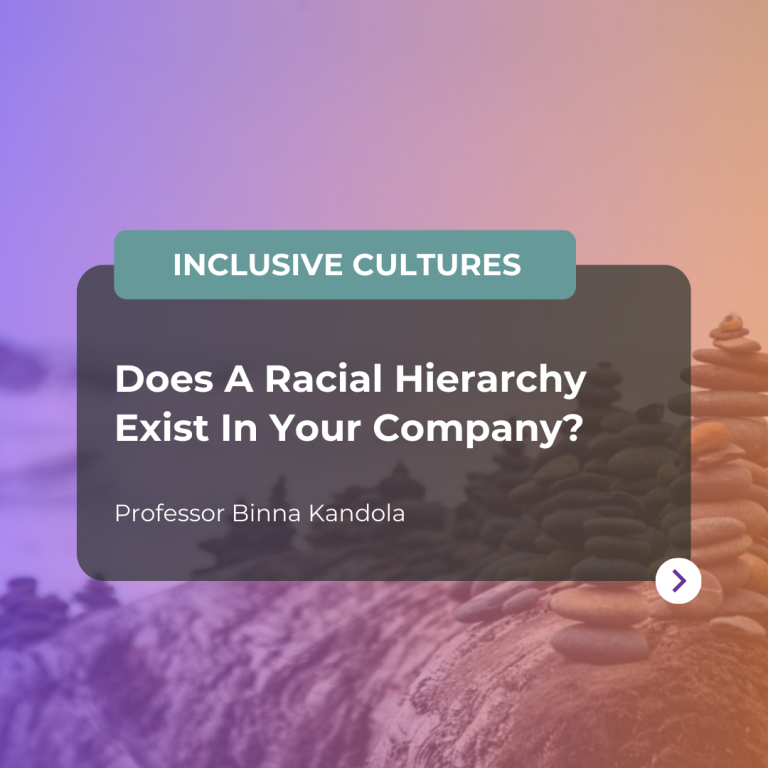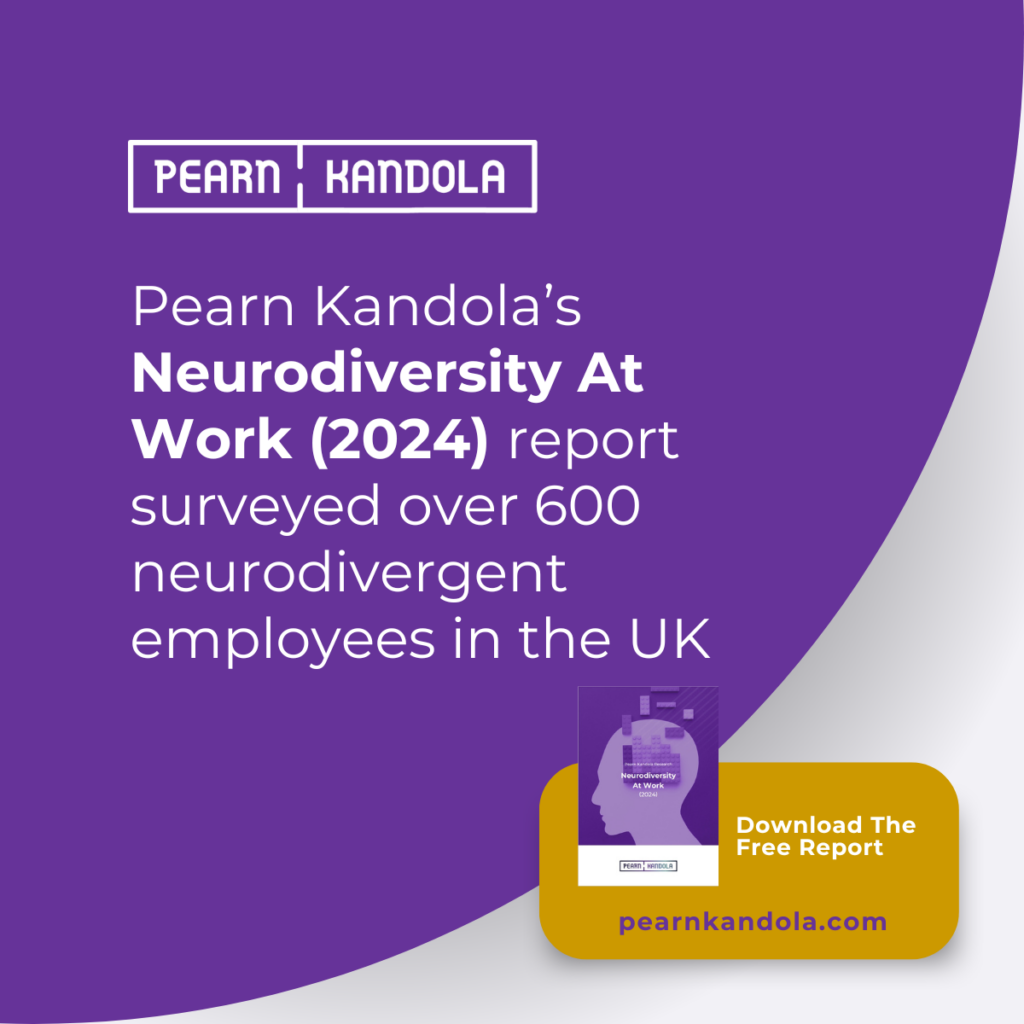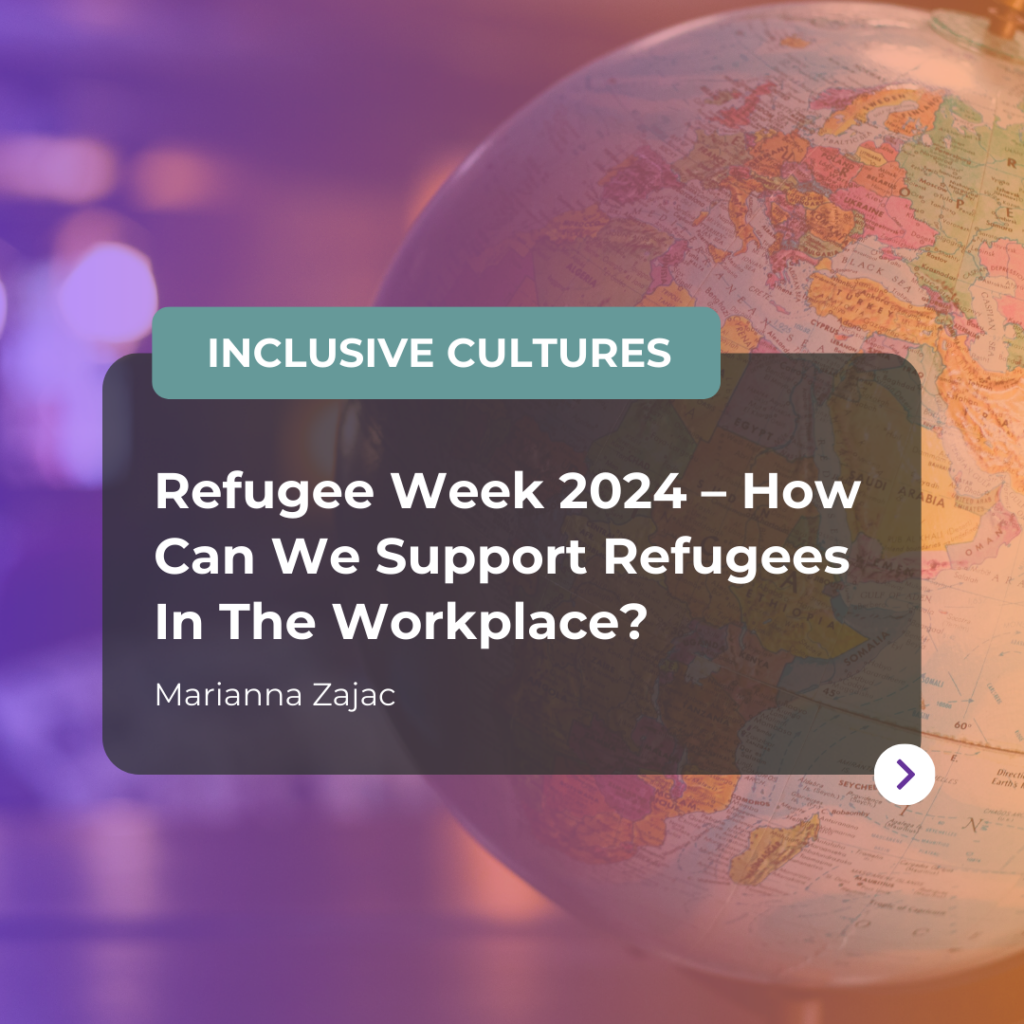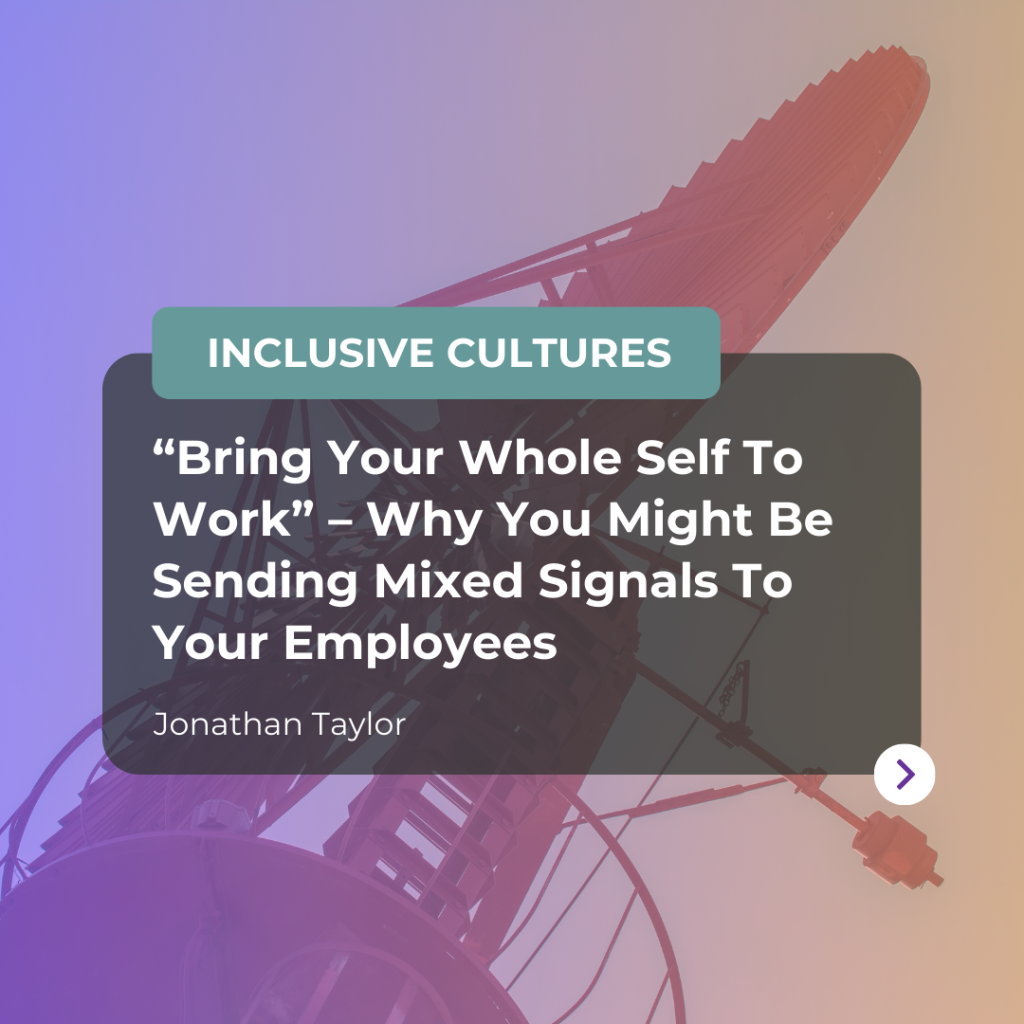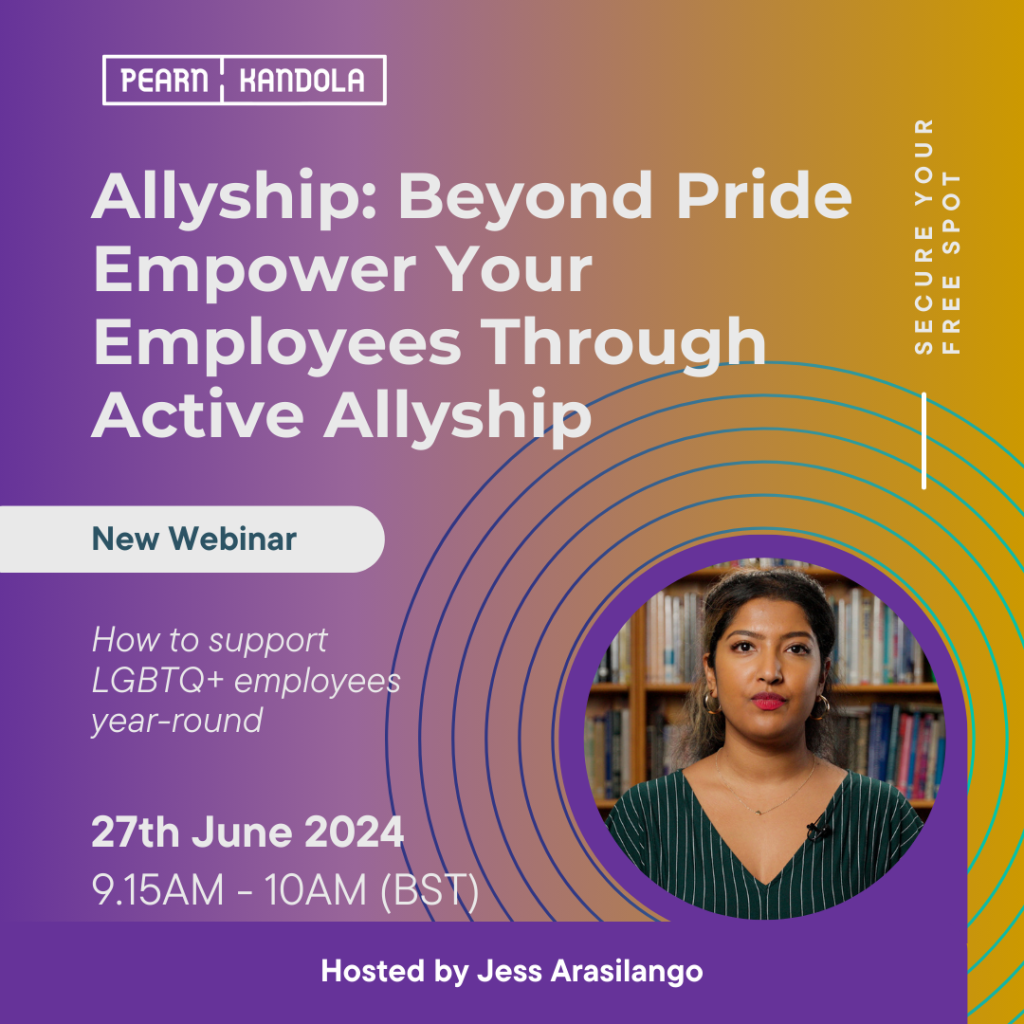We’re all aware that there are structural, explicit hierarchies in the workplace. These might be as simple as layers of authority to determine a chain of command. Starting at the top with the boardroom, moving down through management to entry-level executive positions; most of us know where we are and where we hope to end up.
However, there’s likely to be another covert hierarchy influencing your workplace, and it’s one which you’re probably not even conscious of. Throughout people’s careers, it influences the responsibilities, promotions and pay rises that people earn. It is one concerning race.
The theory of racial hierarchy operating in UK workplaces
As with all hierarchies, groups benefit the most the nearer they get to the top.
Having looked at the data from many different countries my conclusion is that the most straightforward way to think of this hierarchy is: white people at the top, black people at the bottom and everyone else at various points in between. This basic framework applies to every country I looked at, whether it was in Europe, North and South America, Australasia and even Africa. In the UK for example, white people are at the top, Asian people are in the middle, and black people are at the bottom and there are different characteristics stereotypically associated with each group:
- White people are associated with positive or neutral stereotypes. They experience very little racism, benefit the most from the hierarchy, and are therefore, motivated to maintain it.
- Asian people are associated with positive and negative stereotyping. They experience examples of both positive and negative racism, and because they benefit and suffer within the hierarchy, they are motivated to both challenge and reinforce it.
- Black people are mostly associated with negative stereotypes. They experience the most racism, suffer the most within the hierarchy, and are therefore the most motivated to challenge it.
In research we recently conducted, we found evidence of this racial hierarchy at play; a shocking 60% of black and 42% of Asian people had experienced racism at work, compared to just 14% of white people (mostly people from Eastern Europe). Our individual experiences, attitudes and observations of workplace racism influence how prevalent we perceive racism at work to be (if at all in some cases) and crucially how willing we are to discuss it. So, for example, as only 14% of white people had experienced workplace racism, they may be less conscious of it, or disregard it as a problem which needs discussing and addressing.
Subtle or benevolent racism
Our research found that subtle or benevolent racism was the most commonly experienced form. Subtle racism includes making assumptions based on people’s race, whereas benevolent racism, is superficially positive and usually based on positive stereotypes and favourable attitudes. Both, however, are detrimental as they reinforce and uphold unhelpful racial assumptions.
In addition to more subtle forms, we discovered that significant numbers had experienced more overt forms of racism in the workplace. 20% had received verbal or physical abuse, while 29% felt that they had been intentionally excluded from work or social events because of their race. A further 19% believed that they’d been falsely accused or criticised by their colleagues, and as many as 59% also felt that colleagues had made assumptions about their ability, character or behaviour, based on their ethnicity.
How we move forward
Racism is still rife throughout the workplace for black and Asian people especially. Such prolific experiences of ‘subtle racism’ and assumptions based on someone’s race show a lack of awareness about these types of actions, and the impact they have.
It’s important that we begin to recognise that what to the majority may seem like ‘innocuous’ actions, may be racist. It is critical to work harder to tackle not only instances of overt racism, but also to raise awareness of the more subtle forms of racism that are becoming a daily norm. Abuse and exclusion on racial grounds can do serious harm but the stealthy use of racial stereotypes can do just as much to foster the on-going culture of racism.
* The research was carried out in January 2018, including 1,422 respondents
This article is part of our series about Racism at Work: The Danger of Indifference, our latest book. If you would like to purchase a copy, go to Amazon.
